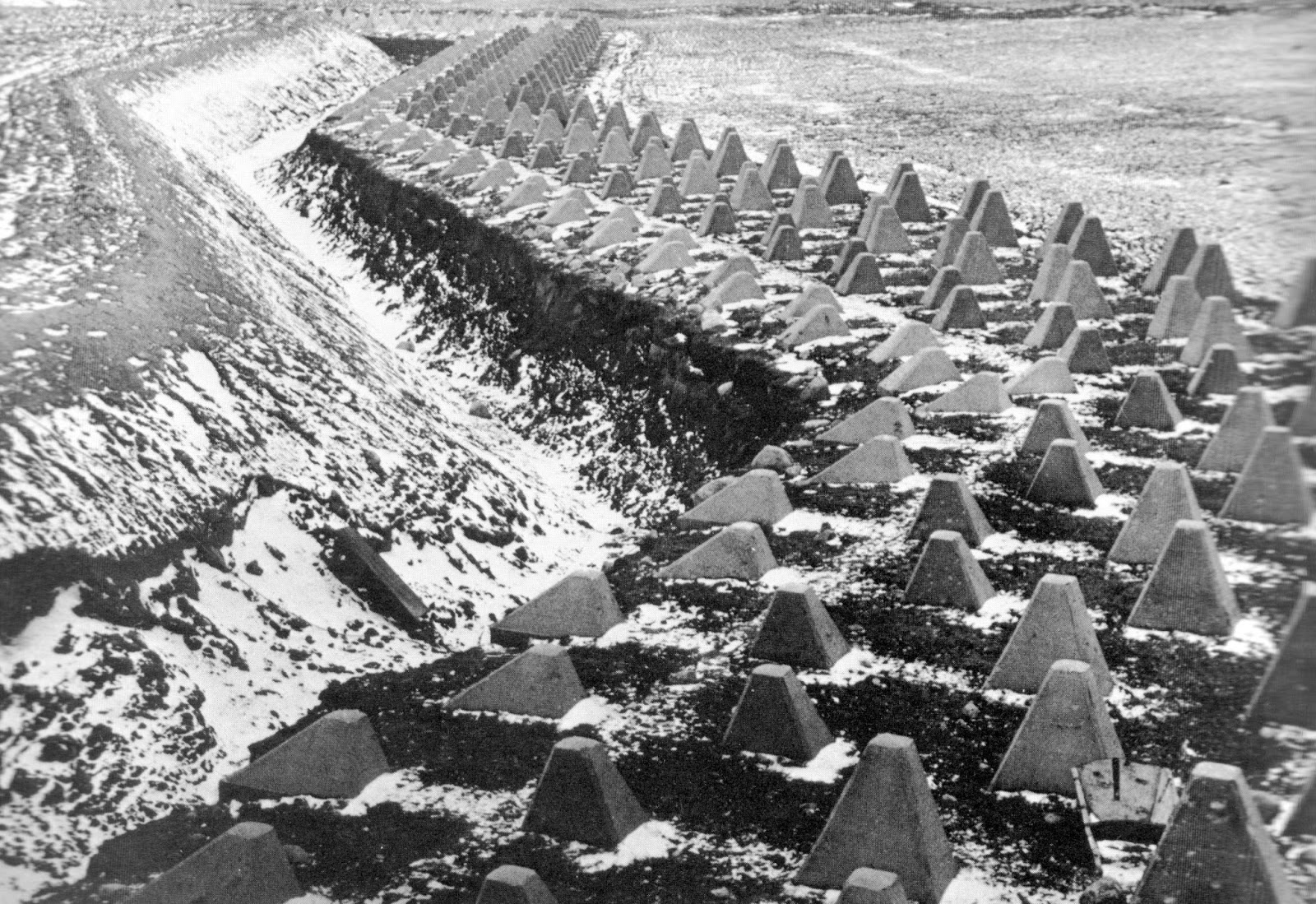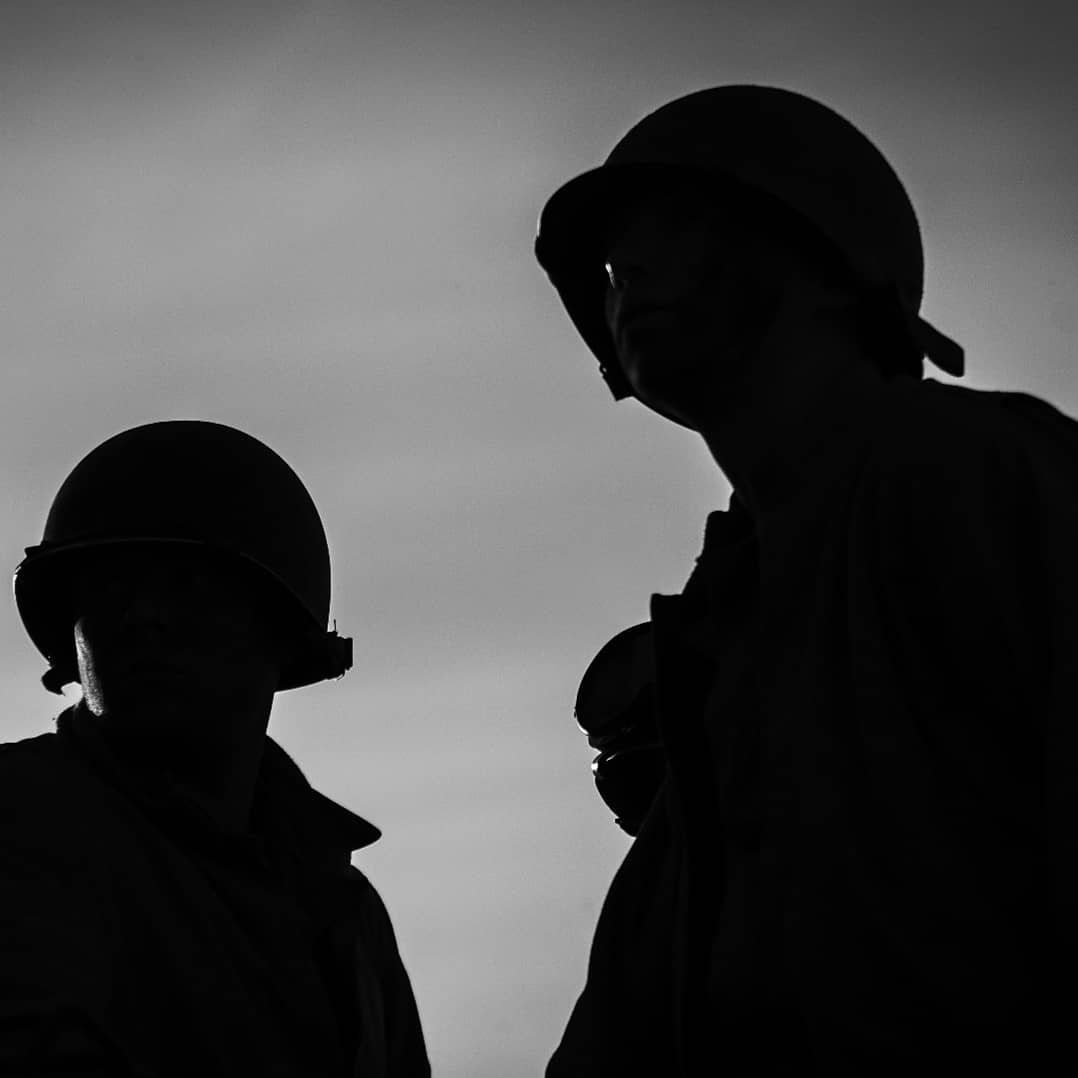The Saar Offensive – Could the war in Europe have ended sooner than it did?

The French army launched the ‘Saar offensive’ on the 7th of September 1939 against the Germans due to the German invasion of Poland, as they promised. This French offensive on German soil was halted by the French commanding officers. But was that even logical as an estimated 90% of the German armed forces was at the Polish front?
A much-debated subject by historians and enthusiasts is whether the French should have pushed on into Germany, knowing that most of the German armed forces were stationed in Poland. That way there is a completely alternative history theory, however, that is of course a big if.
History
With the non-aggression pact between Germany and Russia it was decided that in case of war and an invasion of Poland that the country would be split between the two of them.
This meant that the allies were even more in dispute with Germany since they already gained some territorial gain in the few years previous. This is one of the reasons that France and Britain would declare war on the Germans in case of a Polish invasion. However France also promised Poland that in case of an invasion they would invade Germany.
As most of us know that the invasion of Poland started on the first of September 1939 with a deception by the Germans to make it look like Poland started the war. Two days later on the third of September 1939 the United Kingdom and the French declared war to Germany.
The Saar offensive
The French kept their promise in case of an invasion to attack Germany and started the offensive on the night of the 7th of September 1939. However a few weeks prior they had strategically placed some army units at the France-German border.
On that night the French crossed the border next to Saarbrücken with eleven divisions, instead of the promised 35(expandable to 40) divisions. The frontline with these 11 divisions stretched for 32km along the French-German border.
However it is estimated that 90% of the combined German armed forces were at the time working on the Polish invasion. This meant that there was very little resistance in the Saar region to stop the French from moving further, except static defenses. Along the German west border the german army had only 23 divisions stationed there, stretched along the whole western border.
Prior to the Saar offensive the Germans didn’t prepare any defensible positions for a massive French assault besides the already built Westwall and Sigfriedline. Hitler didn’t accept any requests from Oberkommando der Wehrmacht to fortify the positions along the French border during the Polish invasion. It was thought that the French wouldn’t dare to declare war to Germany. How wrong were they.
The French assault came to a halt by the many minefields and obstacles at the Westwall(Siegfriedline). However it must also be noted that the French army at that time, wasn’t organized enough to support a full-scale offensive as the Germans could do. There simply wasn’t enough material to support the planned 35-40 divisions for the assault. Because of this, the French high command wanted to keep the offensive just to a static frontline war, as in the first world war.
However, the French high command was also afraid for a large scale German air counterattack. But not knowing that most of the German planes were sent to the Polish front, they had to keep this in mind as well. These reasons combined was enough motivation for the French at the time to halt the Saar offensive.
After the collapse of Poland on the 21st of September 1939, the French general Maurice Gamelin ordered the French divisions to return to their starting positions on the French side of the border, near the Maginot line. All gained territory was given back to the Germans at the cost of about 2000 French casualties.
And so the ‘Phoney war‘, the sitting war, had begun.
Debate
Of course with the information we have available after the war, and today. It is easy to speculate what could have happened if the French continued the offensive and pushed well beyond the German borders, perhaps even towards Berlin. This might have brought Germany on its knees and might have avoided an escalated war in Europe. But that is of course a big if, we will never know how it could have ended.
After the war, at the Nuremberg trials, the German military commander Alfred Jodl said ‘if we did not collapse already in the year 1939 that was due only to the fact that during the Polish campaign, the approximately 110 French and British divisions in the West were held completely inactive against the 23 German divisions‘.

